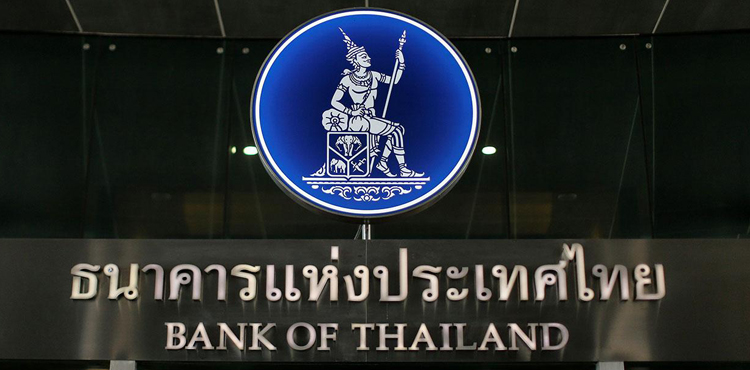Mr. Sakkapop Panyanukul, Secretary of the Monetary Policy Committee (MPC), announced the outcome of the meeting on 16 October 2024 as follows.
The Committee voted 5 to 2 to cut the policy rate by 0.25 percentage point from 2.50 to 2.25 percent, effective immediately. Two members voted to maintain the policy rate at 2.50 percent.
The overall Thai economy is projected to expand as anticipated. Meanwhile, headline Inflation is projected to gradually return towards the target range by the end of 2024. The deleveraging process is expected to continue. The Committee deems that a neutral stance of policy rate remains appropriate with the economic growth and inflation outlook.
Most members thus voted to cut the policy rate by 0.25 percentage point to alleviate debt-servicing burden for borrowers. Moreover, the lower policy rate would not impede debt deleveraging given the expected slowdown in loan growth and would remain neutral and consistent with economic potential.
Two members voted to maintain the policy interest rate, deeming that it is consistent with the economic and inflation outlook, and to stress the importance of long-term macro-financial stability as well as to preserve policy space amid ongoing uncertainties.
The Thai economy is projected to expand at rates close to the previous assessment at 2.7 and 2.9 percent in 2024 and 2025, respectively. The main drivers are tourism, private consumption that is further supported by government stimulus measures, and improvement in exports given higher demand for electronics. However, the recovery has been uneven across sectors, with certain merchandise exports, manufacturing production, as well as SMEs facing pressure from structural impediments.
Headline inflation is projected at 0.5 and 1.2 percent for 2024 and 2025, respectively. Raw food inflation is likely to rise due to volatile weather conditions, while energy inflation is expected to increase because of the base effect. Core inflation is forecast at 0.5 percent and 0.9 percent in 2024 and 2025, respectively, and is expected to remain low due partly to structural factors such as heightened competition from imported goods. Medium-term inflation expectations remain consistent with the target. Headline inflation is anticipated to gradually return to the target range by the end of 2024.
The overall financial conditions tightened somewhat. The baht appreciated against the U.S. dollar in response to monetary policies in major advanced economies as well as domestic factors. Private sector funding costs via commercial banks and corporate bond markets remain relatively stable. Business loans growth declined, especially loans to SMEs, businesses facing structural impediments, as well as hire purchase and credit card loans. Credit quality deteriorated, partly due to debtors who have previously received financial assistance as well as SMEs and vulnerable households experiencing slower income recovery and elevated debt burden.
The Committee supports the Bank of Thailand’s policy to facilitate debt restructuring through financial institutions, viewing it as a targeted debt measure that aids the household debt deleveraging process. Moreover, the Committee deems it crucial to monitor the impact of deteriorating credit quality on funding costs and overall credit growth, as well as their implications on real economic activities.
The prevailing monetary policy framework seeks to maintain price stability, support sustainable growth, and preserve financial stability. The Committee deems that the policy rate should remain neutral and consistent with economic potential. Moreover, it should not be at too low a level that would create build-ups of financial imbalances in the long term.





